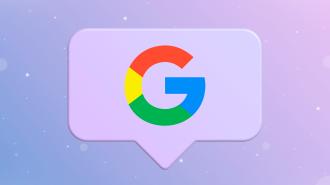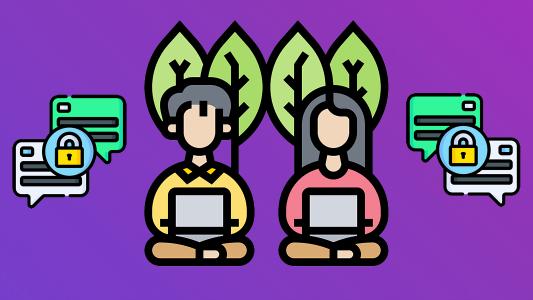Update, 3/21/23, 11:55 a.m. ET: After initially making Bard available only to “trusted testers,” Google announced on March 21 that it was expanding access to include a limited number of people in the US and UK. Anyone in those nations who is interested in testing out the conversational AI can join the waitlist.
“We’ve learned a lot so far by testing Bard, and the next critical step in improving it is to get feedback from more people,” wrote Google’s Sissie Hsiao, a VP of product, and Eli Collins, a VP of research.
Google has announced Bard, a conversational AI similar to ChatGPT — and it might not be long before the tech is integrated into the world’s most popular search engine.
Conversational AI: In November 2022, the Microsoft-backed AI research lab OpenAI unveiled ChatGPT, an AI trained to provide detailed responses to text prompts, and users immediately put it to work outlining screenplays, crafting meal plans, penning jokes, and more.
ChatGPT already has more than 100 million users, making it the fastest growing consumer app in history.
The AI’s responses weren’t always factually accurate — it was trained to produce human-sounding text, not necessarily error-free text — but that didn’t stop it from becoming hugely popular.
Within just five days of launch, a million people had signed up to use ChatGPT, and by the end of January, the conversational AI had more than 100 million users, making it the fastest growing consumer app in history.
AI-powered search: The popularity of ChatGPT has kicked off a race amongst tech companies to figure out how to integrate similar technologies into their products.
Search engines are a seemingly perfect fit for conversational AI, if the issue with factuality could be solved — instead of receiving a list of links in response to a query, users could just ask a question and receive an answer in easy-to-understand text.
New search startups like Neeva have already rolled out some of these capabilities, and Microsoft is on the verge of integrating ChatGPT’s technology right into its Bing search engine.
“[Bard] draws on information from the web to provide fresh, high-quality responses.”
Sundar Pichai
What’s new? On February 6, Google, the king of search engines, announced that it was making its own conversational AI, Bard, available to “trusted testers” ahead of a wider release to the public in the coming weeks.
“Bard seeks to combine the breadth of the world’s knowledge with the power, intelligence, and creativity of our large language models,” wrote Sundar Pichai, CEO of Google and Alphabet. “It draws on information from the web to provide fresh, high-quality responses.”
The new conversational AI will be a “lightweight” version of LaMDA, an advanced chatbot created by Google for its employees’ internal use. (You may have heard about it last year when an ex-Google engineer claimed the AI was sentient.)
“Soon, you’ll see AI-powered features in Search.”
Sundar Pichai
Google plus AI: While Bard isn’t specifically a search engine, Pichai says conversational AI will be incorporated into Google Search in the near future.
“Soon, you’ll see AI-powered features in Search that distill complex information and multiple perspectives into easy-to-digest formats, so you can quickly understand the big picture and learn more from the web,” he wrote.
More info on that integration could be announced as soon as February 8, when Google will livestream an event focused on how it is “using the power of AI to reimagine how people search for, explore, and interact with information,” according to an invitation sent to the Verge.
Looking ahead: Rival Bing will beat Google to the punch, though — minutes after Google announced Bard, Microsoft announced that it will hold its own live event, the day before, at its headquarters in Redmond, Washington.
Microsoft didn’t outright say that it plans to announce the integration of ChatGPT into Bing during the event, but that’s the expectation — the company recently invested $10 billion into OpenAI, and the AI-assisted version of Bing has reportedly been spotted in the wild.
Exactly how Microsoft or Google plan to tackle the problem of a conversational AI providing false information in response to user queries still isn’t clear — but if either company can find a solution, it could forever change the way we search the web.
We’d love to hear from you! If you have a comment about this article or if you have a tip for a future Freethink story, please email us at [email protected].





